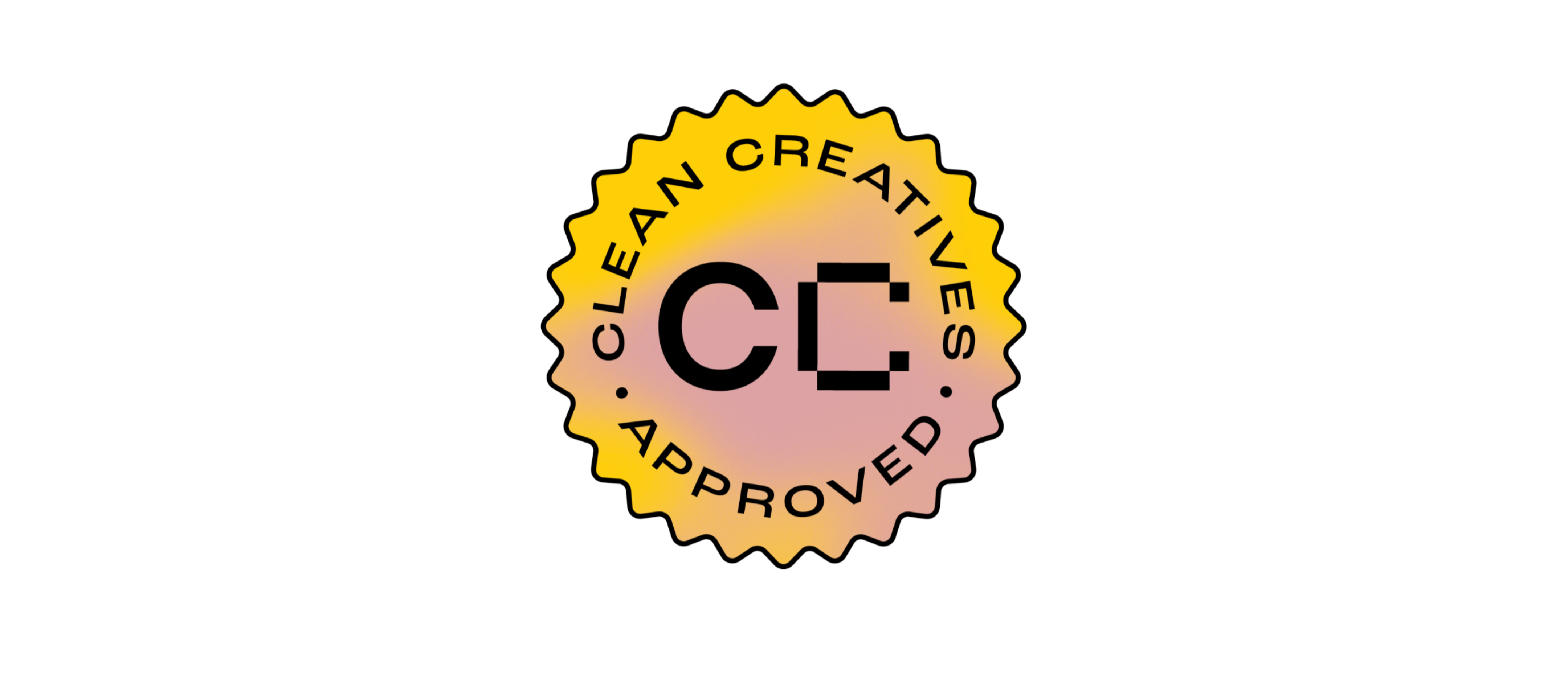work
XEROS TECHNOLOGY
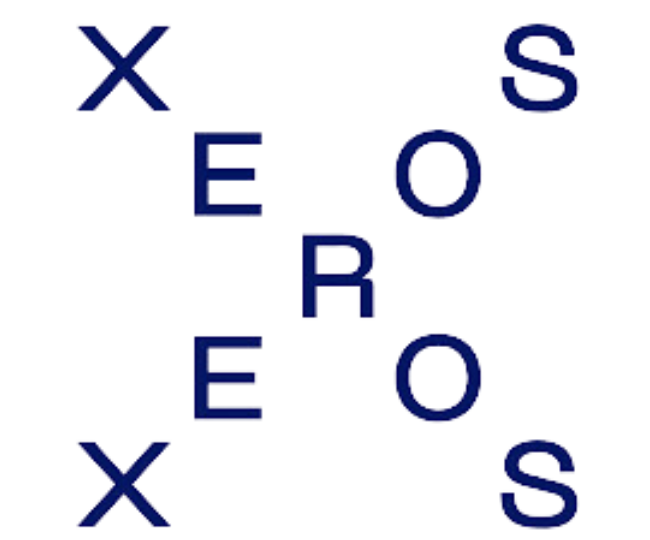


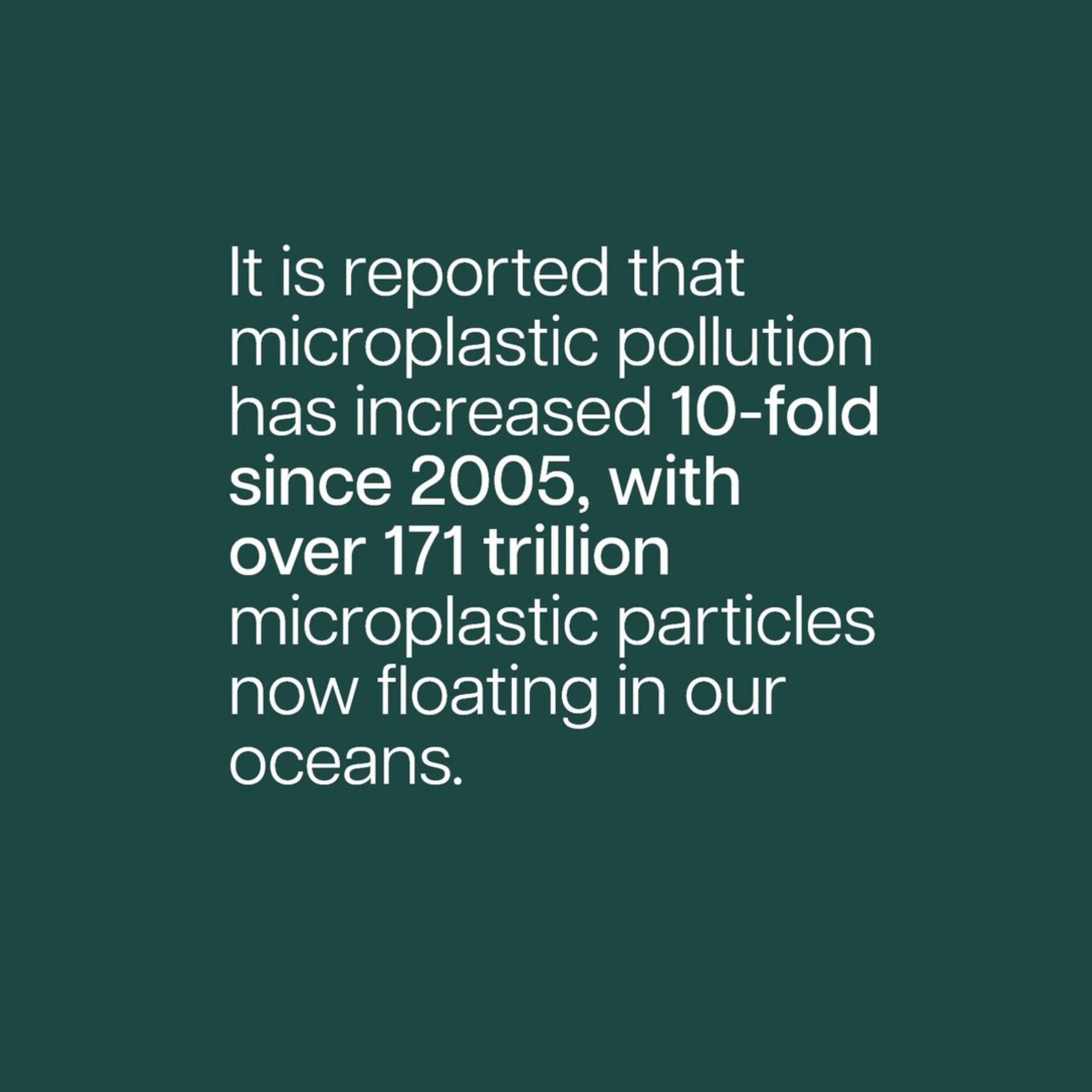
Xeros Technology is a UK green tech innovation business with solutions that transform the performance, impact and economics of the fashion and laundering industry. One of their solutions, XFilterTM, is a highly effective filtration device that capture the microfibres released from washing machines during laundering.
Synthetic fabrics, such as polyester, acrylic or elastane, are the biggest source of primary floating microplastics in the world's oceans, accounting for 35% of the total. It is reported that microplastic pollution has increased 10-fold since 2005, with over 171 trillion microplastic particles now floating in our oceans.
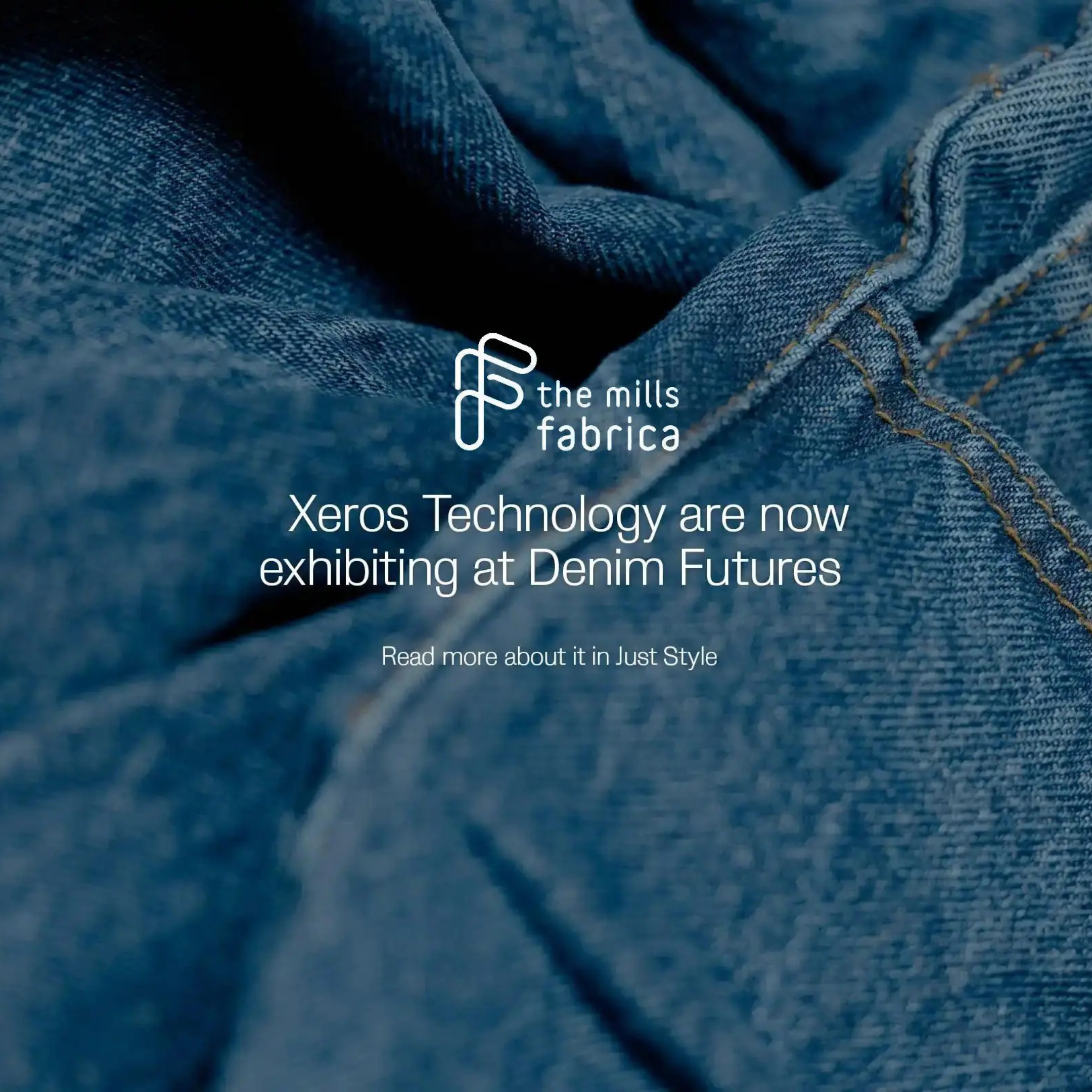
Whilst addressing overproduction and overconsumption of synthetic textiles is the most important solution to microplastic pollution and should be a critical focus of any policy and regulatory action, washing machine filters offer an effective, near-term solution to the microplastic problem.
Legislation is pivotal in driving the adoption of filtration devices in washing machines to reduce the volume of microplastics during clothes laundering. Without rigorous legislation, the uptake of these filtration devices in households and industries will likely be slow and ineffective. Xeros’ objective is to lobby for the mandate of washing machine filters, in order to increase market adoption of XFilterTM.
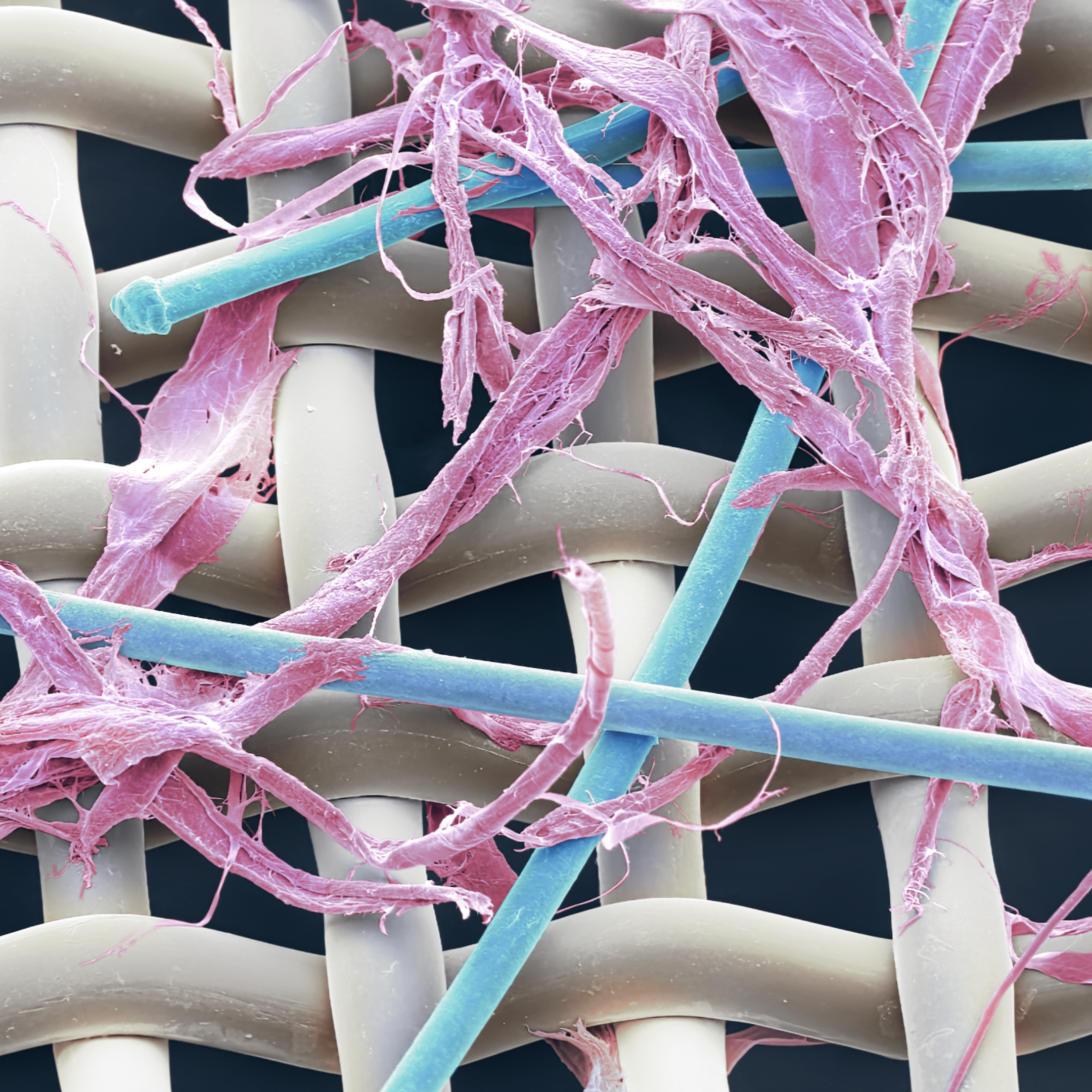
Eco-Age provides lobbying support to Xeros through campaign creation, collaboration through stakeholder and industry connections, knowledge building through supporting research or evidence, and messaging dissemination and application.
At a UK level, we organised an open letter that was sent to the UK’s Department of Environment, Food, and Rural Affairs (Defra) in May 2022 to show support for the private members bill to mandate microfibre washing machine filters as a near-term solution to the microplastics problem. The science-led open letter
highlighted microfibre filtration installation in washing machines as a readily available and effective short- to medium-term solution. It was sent to a large target outreach list from Eco-Age’s network of partners.
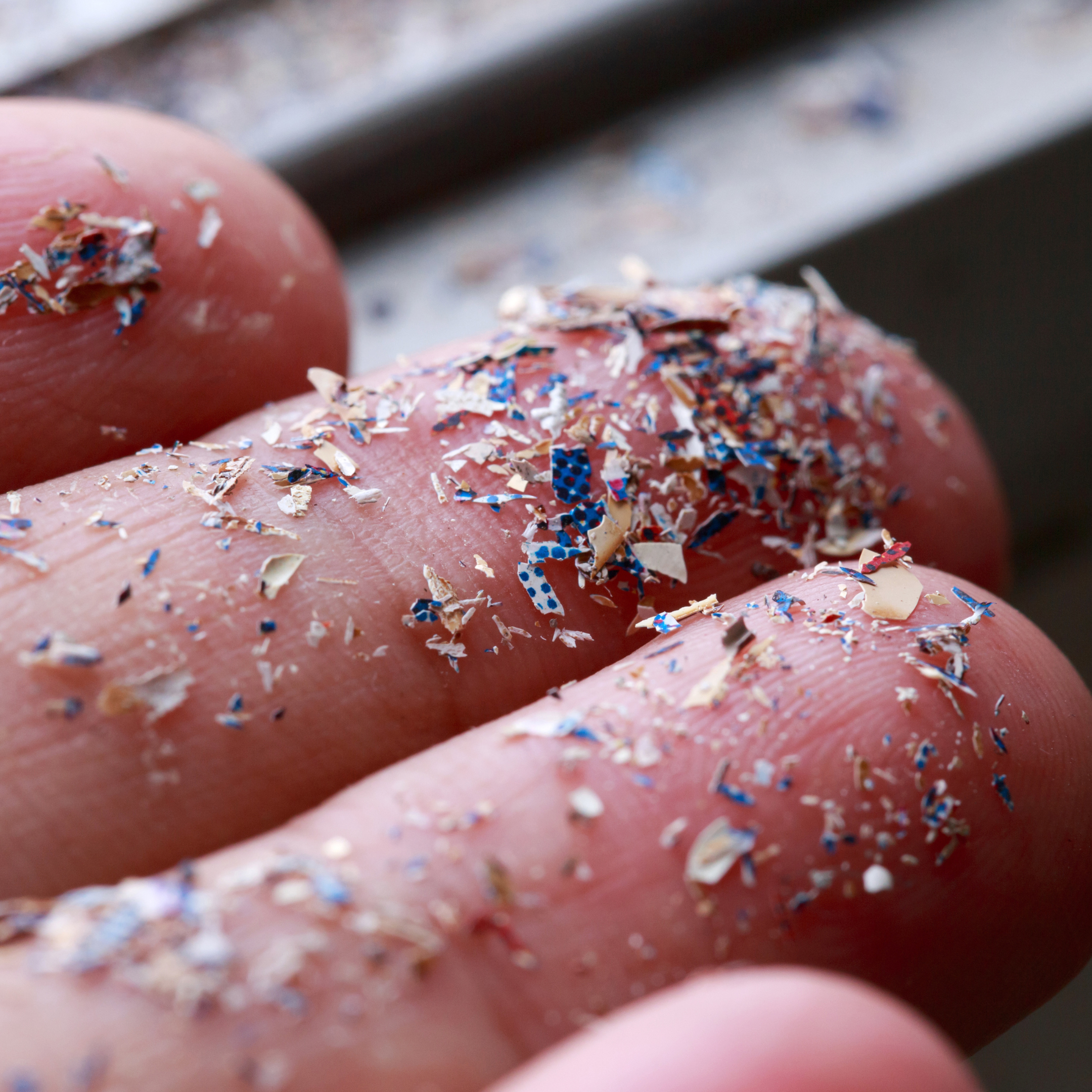
At an EU level, we coordinated a whitepaper highlighting the latest research on the impacts of microplastic pollution, the various solutions to the problem, and responses to the pushback against filtration that we’ve seen from legislators and industry. The approach to this project was collaborative, bringing together industry and NGOs to create a robust lobbying document. The whitepaper was sent to a list of target EU policymakers in various departments including the EU Green Deal, DG ENV and DG GRO in April 2023, ahead of the publication of the EU’s initiative to reduce the impact of microplastic pollution on the environment. The initiative plans to address the different lifecycle stages at which synthetic fibres are shed into the environment by a set of prevention and reduction measures.
This was also supported with a comprehensive media strategy, including press activation, sponsored content, and a social media toolkit.
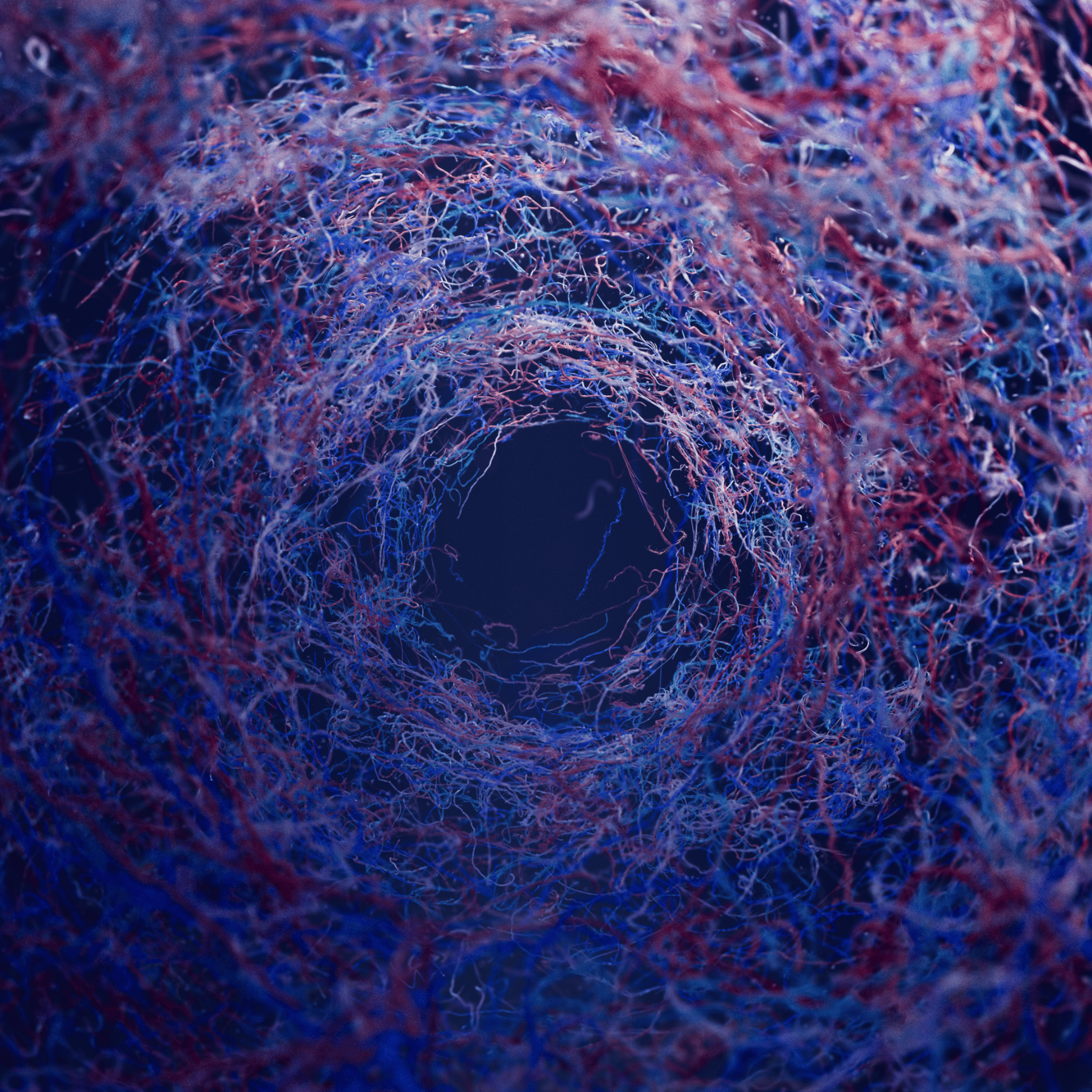
The open letter to Defra obtained 32 signatories on the open letter, including Greenpeace, Fashion Revolution and Oceana. As a result of the open letter, we secured a meeting with Defra Secretary of State, Rt Hon George Eustice MP which was held on 18 July 2022 in Westminster. The open letter received media coverage in titles such as Forbes and Sourcing Journal as well as extensive social media coverage.
The EU whitepaper website has been viewed by over 8,000 visitors to date, and received coverage in titles such as Euronews, The Guardian and WWD. Following the publication of the whitepaper, the European Commission delayed the publication of its initiative to reduce the impact of microplastic pollution (originally due to be published on 17 May 2023). The delay highlights the complexity of the issue, and we hope that the Commission is taking this time to review the latest research in microplastics, including the whitepaper.


